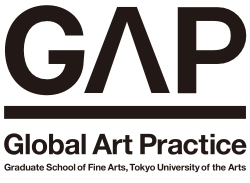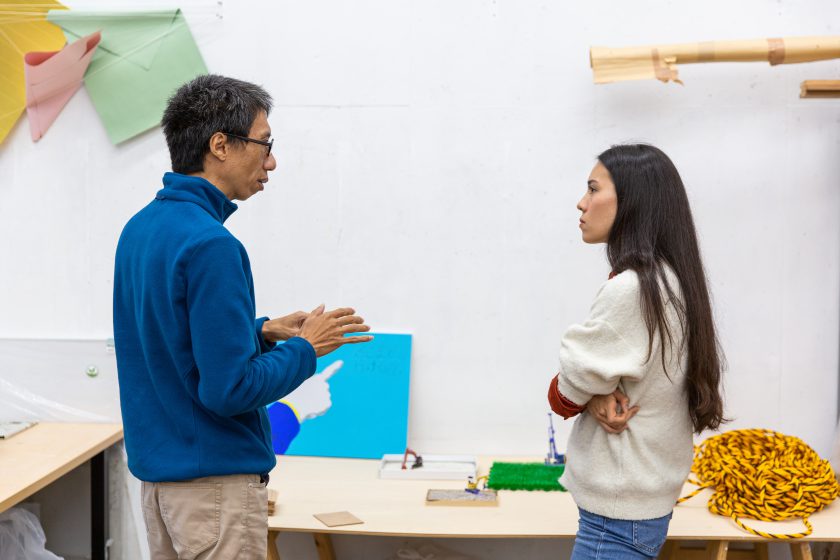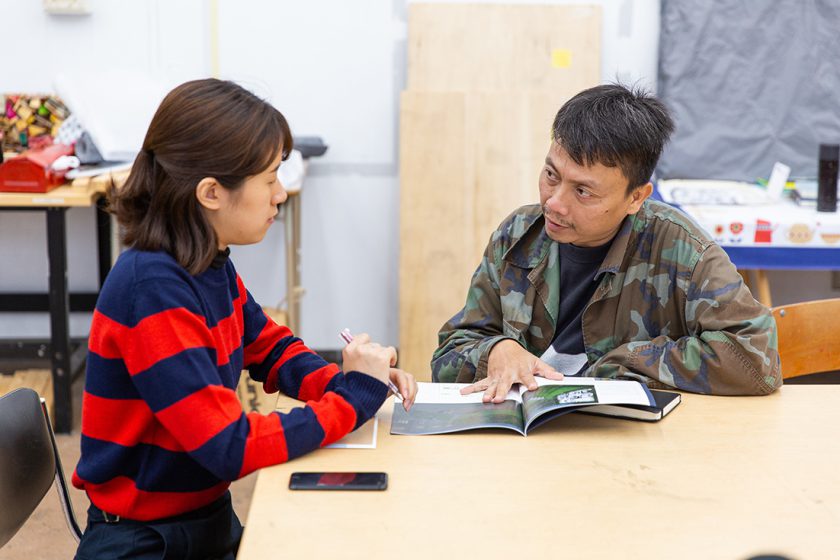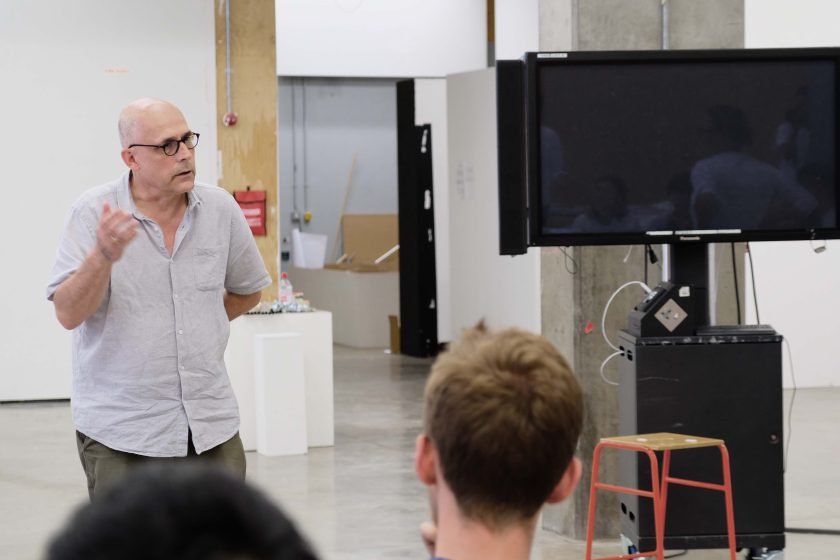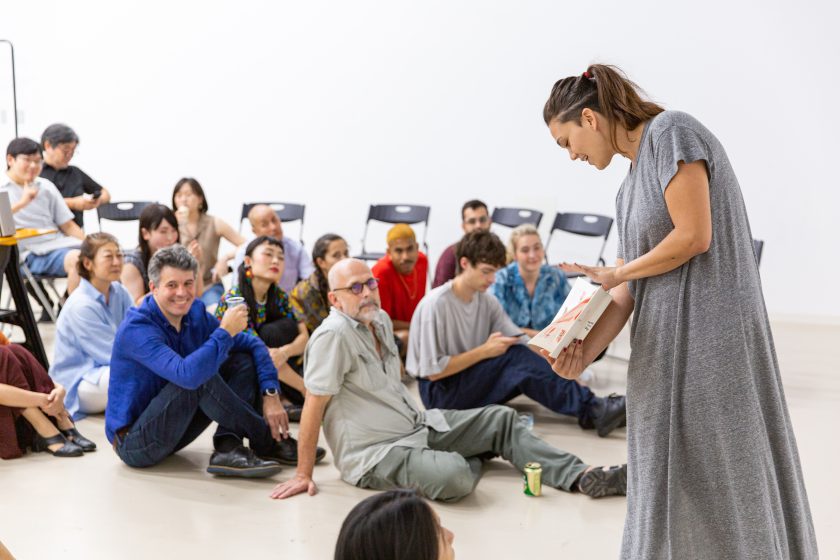Yusaku Imamura
Professor of Global Art Practice
Tokyo University of the Arts
“Our dialogue is inefficient. Probably all of you here at the university are seeking something efficient…(laughs)”
These are the words of Ade Darmawan, representative of ruangrupa, spoken at a recentinternational forum.
The values that ruangrupa offers are diverse and reflect tolerance, placing importance on the process of continuing the dialogue itself rather than the premise of confronting the listener with conclusions. There is a historical and cultural background to such thinking. In the late 1990s at a time when the dictatorship had continued for more than 30 years, Indonesia suffered from the Asian Financial Crisis, leading to rising inflation, unemployment and social unrest. It was an era in which you would be arrested if five or more people gathered without asking prior permission. Sensing that the social system is not simply something provided, but must be built by the people themselves, students took action. The activities of ruangrupa also began at that time. Indonesia is a diverse country, consisting of more than 13,000 islands on which more than 500 languages are spoken. That is why it is important to talk while admitting differences.
ruangrupa first secured a space of their own, and started by creating a ‘living room.’ Initially, the size was approximately that of 4.5 tatami mats (‘ruangrupa’ means ‘the shape of a room’ in Indonesian). The conversation has continued since then. Appointed as Artistic Director of Documenta 15 in 2022, ruangrupa are not planning anything special and will instead transfer their activities to Kassel unchanged. ‘Lumbung’ (rice barn) expresses their idea of sharing. This will surely have a profound effect on the creation of societies in the coming era. Even though they are attracting attention from around the world and fully occupied with work, they agreed to hold a weeklong workshop here at GAP. How will this seed grow?
———-
Course period: October 17- 21, 2019
Tutor: Iswanto Hartono, Reza Afisina (ruangurupa)
Special Lecture: Artist Collective-Space as a form and place where we take part in distributing knowledge and experience
Venue: Ueno campus, Toride campus
